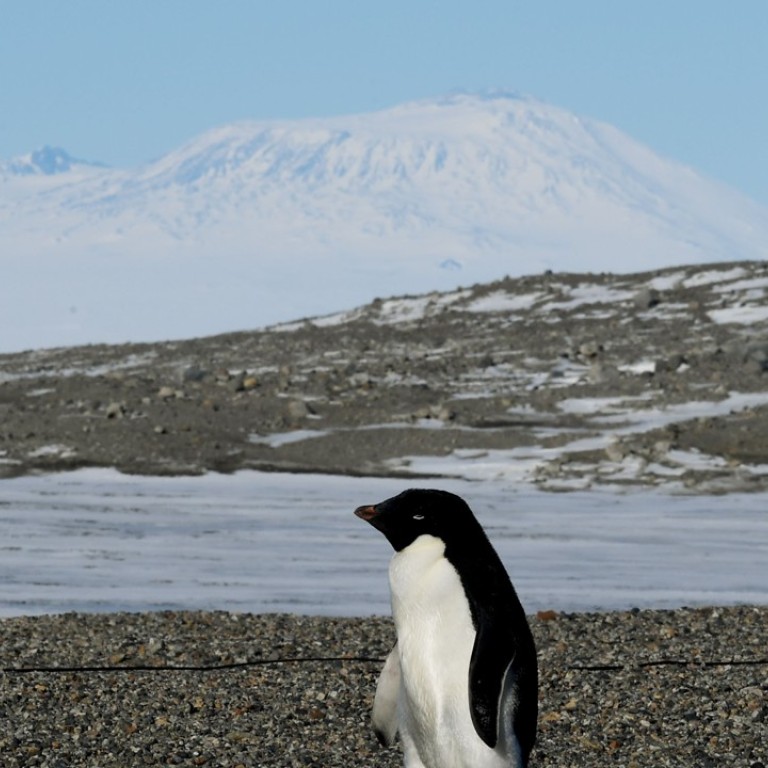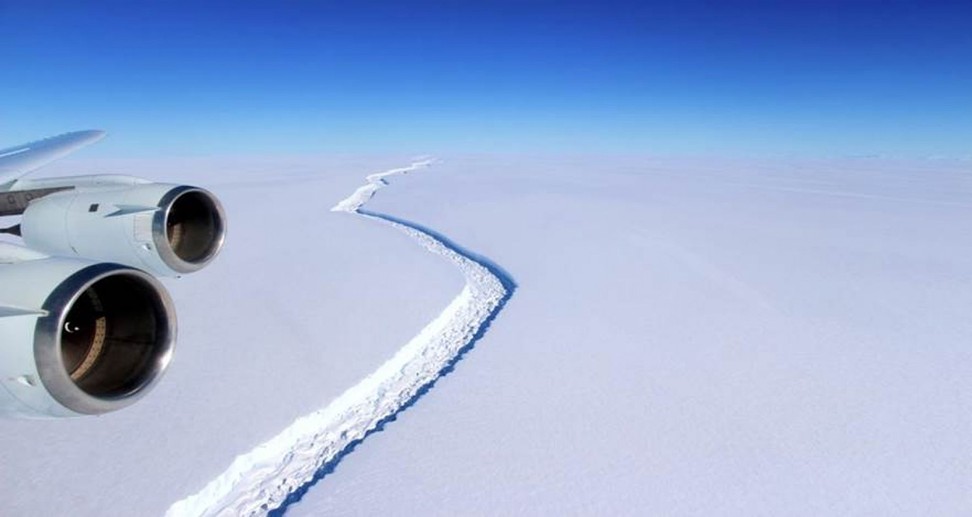
Donald Trump is the gift that keeps giving China a centre stage role in the new world order
While Trump may not have caused great harm to the environment, he inflicted more harm on America’s global standing and brought to the centre stage China, a country less motivated by anxieties to save the earth than grabbing the chance to dominate in renewable energy.
“Across ancient and modern eras, orders built by great powers have come and gone. But they have normally ended in murder, not suicide,” Princeton’s Professor G. John Ikenberry noted with irony last week, on hearing news of Donald Trump’s decision to pull the US out of the Paris climate accord.
With rich and tragic irony, Trump spoke as China’s Li Keqiang met European ministers to reaffirm their commitment to the 2015 Paris agreement – a new European friend for a new world order.
Leaders in Europe seemed transfixed, perplexed and appalled to watch the US deserting a peaceful and cooperative world order that the US itself had forged after the Second World War, and were forced to begin contemplating a new world order with the US at the margins – or worse still, entirely absent from the field of play.
After disagreements with Trump on trade, Russia, Nato and finally climate, Angela Merkel cryptically captured Europe’s mood: “The times when we could completely rely on others are, to an extent, over.”
Less noticed, but with tragic symbolism for all who are concerned about the pace of global warming, Trump’s withdrawal came as 1,900 square miles of the Larsen C ice sheet in the western Antarctic began to separate to become the biggest iceberg ever to be born – that is three times the area of Singapore or 20 times that of Hong Kong Island.
If, as scientists expect, this destabilises the entire Larsen C ice sheet, the result could in due course lift global water levels by six metres.

Ikenberry is right: it will be suicide indeed, not murder.
Despite the shock, Trump’s withdrawal from the Paris accord had been well signalled. He has been consistently antagonistic since 2012 when he claimed with his usual cavalier approach to fact-checking that “the concept of global warming was created by, and for the Chinese, in order to make US manufacturing non-competitive.”
Withdrawal was promised to his “core” throughout his election campaign and is tattooed on the heart of his adviser, Steve Bannon. Plans to “make America Great Again” were built on foundations such as the commitment to revive America’s floundering coal-mining industry.
And therein of course is a further irony: coal mining and coal-fired power generation in the US together account for about 160,000 jobs – fewer than half the 476,000 jobs now driven by solar and wind power.
In or out of the Paris accord, the US coal industry seems set to continue declining, making it difficult to imagine what part this plays in Trump’s vision to create good jobs or “make American great again”.
With wonderful election stump rhetoric, Trump insisted he “was elected to represent the citizens of Pittsburg, not Paris” – and presumably he was not referring to the 25,000 citizens of Paris, Texas.
But with still more delicious irony, the Democratic mayor of Pittsburg – along with governors from California and New York – insisted that he and his government were as firmly committed as ever to the Paris accord.
And here perhaps is a reason why the world has less to fear from Trump’s withdrawal than would appear at face value, at least as far as carbon emissions are concerned. Because quite independently of the White House, the US’ state and city governments have the autonomous power to stand by the Paris accord commitments if they wish – and it seems many will.
So, too, will many of the US’ largest companies – not necessarily out of any sense of concern over global warming, but because it makes simple common business sense.
As former president Barack Obama commented after the Trump statement: “The nations that remain in the Paris agreement will be the nations that reap the benefits in jobs and industries created.”
US companies wanting to retain a leading competitive edge in world markets – and perhaps to fend off foreign competitors at home – will be serving their own best business interests by sticking to commitments to shift to low-carbon technologies.
It is sobering to realise that Trump’s populist instincts tell him it is more important to pander to his xenophobic “core” than to listen to the appeals of Mark Zuckerberg at Facebook, Elon Musk at Tesla, Lloyd Blankfein at Goldman Sachs, Jack Dorsey at Twitter and the folks at ExxonMobil and General Electric – or even his daughter Ivanka.
As Europeans cringe at Trump’s “America First” rhetoric, it is important to remember he speaks for a large and longstanding community that we outside the US have wilfully ignored.
Alarmingly, the America we know and admire as a champion of global freedoms, and architect of the international institutions that have framed a peaceful world over the past seven decades, seems to have no home in this Trumpian heartland.
As the US under Trump withdraws from its long-valued world leadership role, and people in Europe like Merkel and Emmanuel Macron seek new, more predictable allies, it is hard to resist the feeling that China has been handed a strategic gift.
Its progress towards world leadership alongside the US was perhaps inevitable, but Trump’s dangerous unpredictability in core areas like international trade, climate change, Nato defence commitments or even engagements with Russia seem set to project China into a power vacuum that yearns to be filled.
For China, the global warming initiative seems a perfect platform. Less motivated by Europe’s anxieties to save the earth than a very direct domestic crisis over appalling environmental degradation, it nevertheless has a strong common interest in attacking the global warming crisis.
It is also in the process of capturing the opportunity to dominate the globally dynamic renewable-energy industry. China is today by far the world’s biggest manufacturer of clean-energy technologies ranging from solar and wind to nuclear.
Trump may not ultimately have inflicted great harm on our global environment, but he has perhaps inflicted more significant harm on US standing in the world and brought China to centre stage.
He has unwittingly thrust us towards a newly configured world order. We need to be anxious about that.
David Dodwell researches and writes about global, regional and Hong Kong challenges from a Hong Kong point of view

